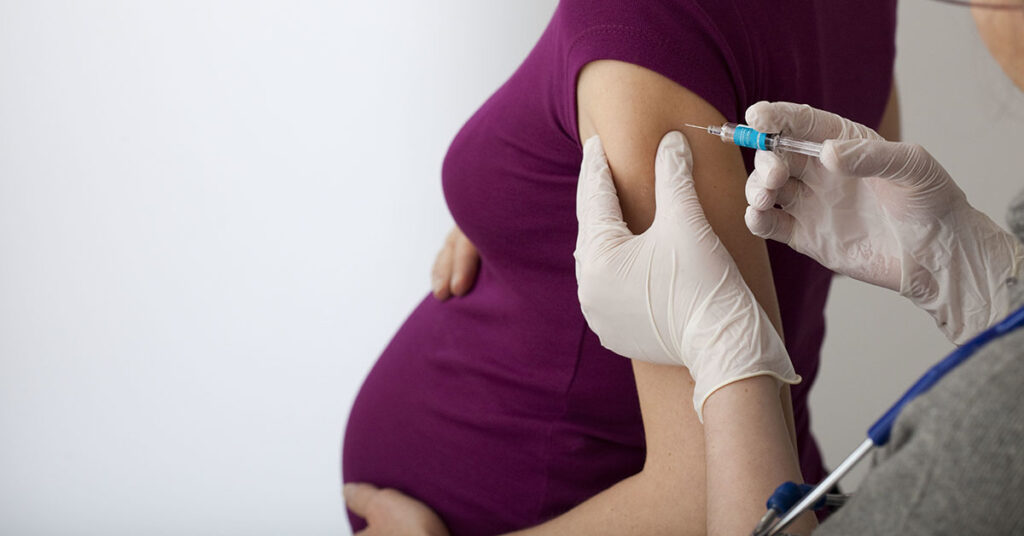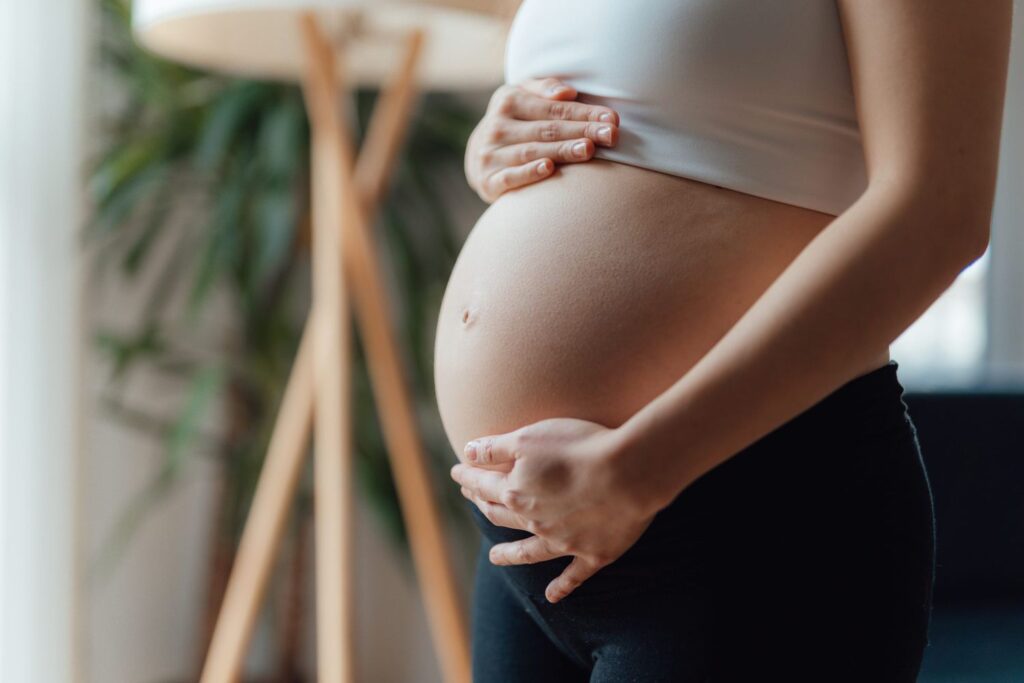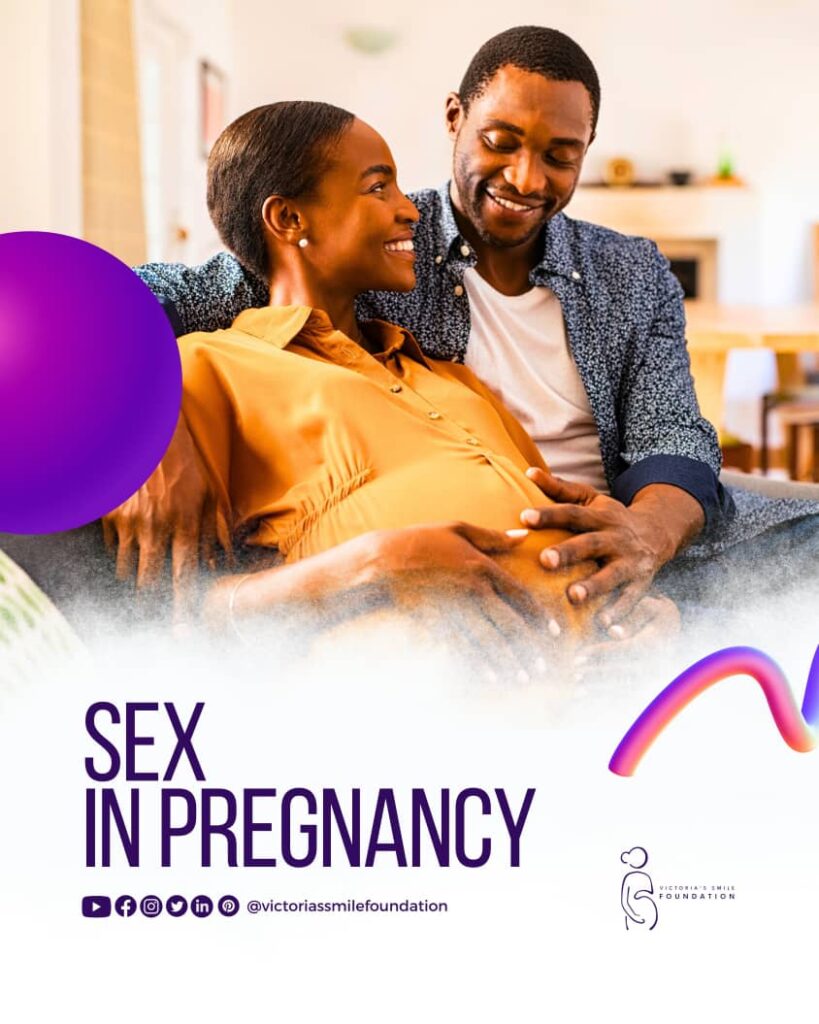vaccinations in pregnancy
Hello, great people. It’s a pleasure to be back in this space. Today, we will discuss vaccinations in pregnancy. Some vaccines, such as the inactivated seasonal flu vaccine and the whooping cough vaccine, are recommended during pregnancy to protect the health of you and your baby. An inactivated vaccine does not contain a live version of the virus it is protecting against. Some vaccines, such as the tetanus vaccine, are perfectly safe to have during pregnancy if necessary. However, it does depend on the type of vaccination. For example, the MMR and yellow fever vaccines have potential risks, and you need to discuss these with your midwife or doctor before deciding whether to have the vaccine. Some vaccines are not usually advised in pregnancy (live vaccines). If a vaccine uses a live version of the virus, such as the MMR vaccine, you’ll usually be advised to wait until after your baby is born before you get vaccinated. This is because there’s a potential risk that live vaccines could cause your unborn baby to become infected. But there’s no evidence that any live vaccine causes birth defects. Sometimes, a live vaccine may be used during pregnancy if the risk of infection is greater than the risk of vaccination. Your midwife, GP, or pharmacist can give you more advice about vaccinations during pregnancy. Live vaccines include: – BCG (vaccination against tuberculosis) – MMR (measles, mumps, and rubella) – oral polio (which forms part of the 6-in-1 vaccine given to infants) – oral typhoid – yellow fever Here are some vaccines recommended in pregnancy: 1. Flu During pregnancy, your immune system (the body’s natural defense) is weakened to protect the pregnancy. This can mean you’re less able to fight off infections. As the baby grows, you may be unable to breathe as deeply, increasing the risk of infections such as pneumonia. These changes can raise the risk of flu – pregnant women are more likely to get flu complications than women who are not pregnant and are more likely to be admitted to hospital. Having the flu vaccine means you’re less likely to get flu. 2. Whooping cough Whooping cough is a very serious infection, and young babies are most at risk. Most babies with whooping cough will be admitted to the hospital. When you have the whooping cough vaccination in pregnancy, your body produces antibodies to protect against whooping cough. These antibodies pass to your baby, giving them some protection until they’re able to have their whooping cough vaccination at 8 weeks old. 3. Coronavirus (COVID-19) vaccine If you’re pregnant, or think you might be, it’s strongly recommended you get vaccinated against COVID-19 to protect you and your baby. You’re at higher risk of getting seriously ill from COVID-19 if you’re pregnant. If you get COVID-19 late in your pregnancy, your baby could also be at risk. It’s safe to have the vaccine during any stage of pregnancy, from the first few weeks up to your expected due date. You do not need to delay vaccination until after you have given birth. The COVID-19 vaccines do not contain any live viruses and cannot give you or your baby COVID-19. 4. Travel vaccines in pregnancy When you’re pregnant, it’s best to avoid visiting countries or areas where travel vaccinations are required. It may not always be possible to avoid areas that require vaccinations when you’re pregnant. If this is the case, talk to a midwife or GP, who can tell you about the risks and benefits of any vaccinations you might need. If there’s a high risk of infection in the area you are travelling to, it’s often safer to have a vaccine rather than travel unprotected, as most diseases will be more harmful to your baby than a vaccine. We have come to the end of this episode. Join us next time for another informative topic. Till then, stay healthy.
vaccinations in pregnancy Read More »




